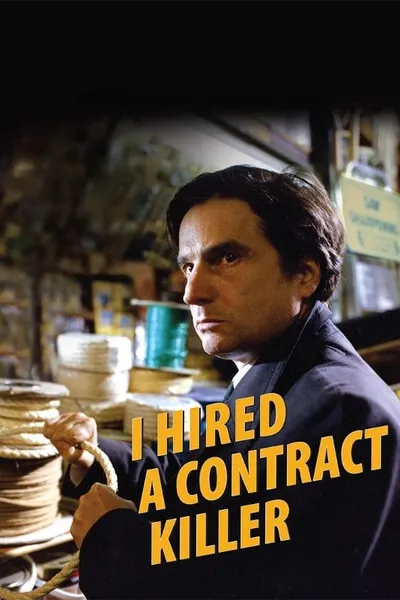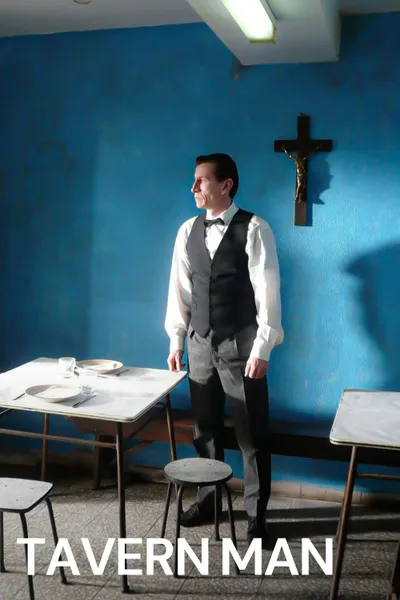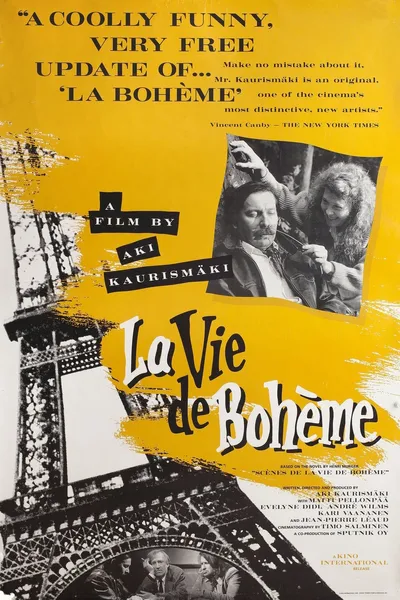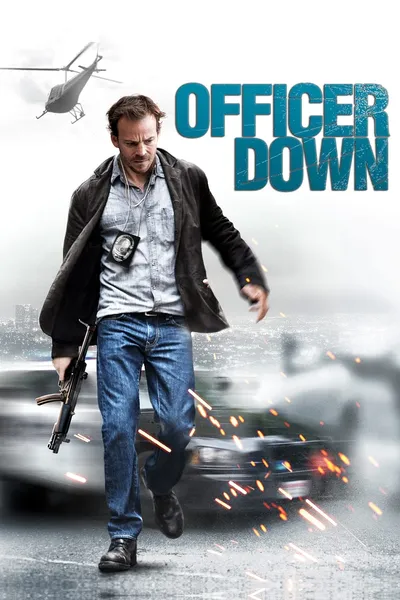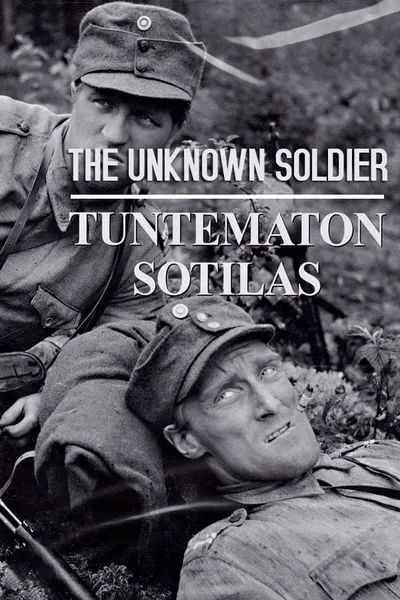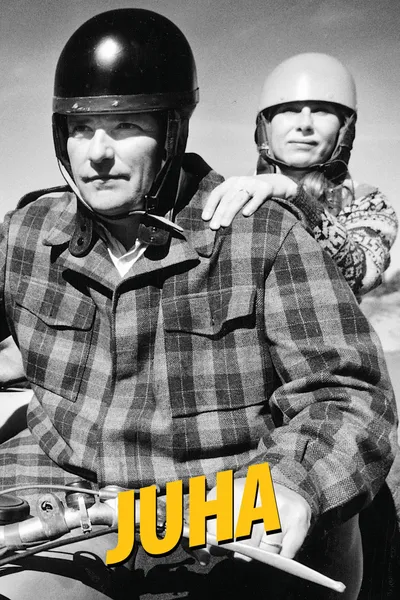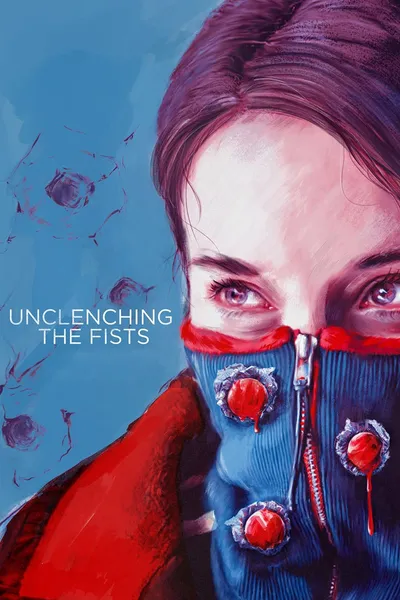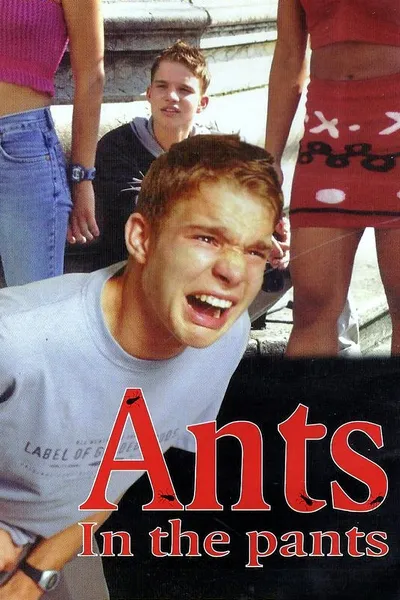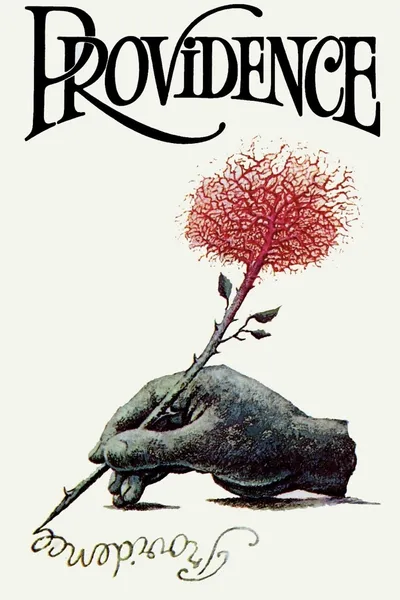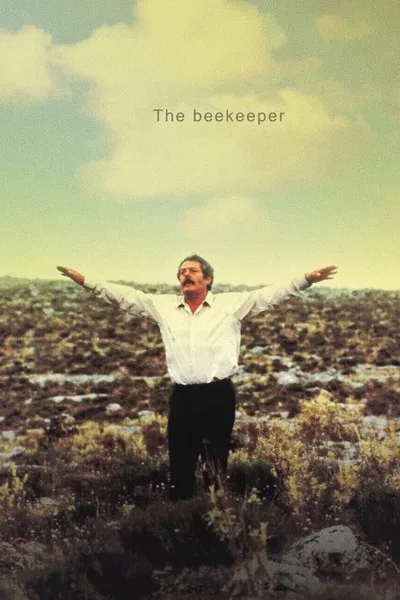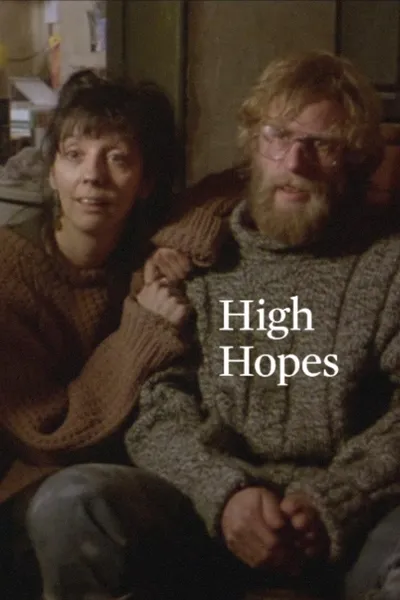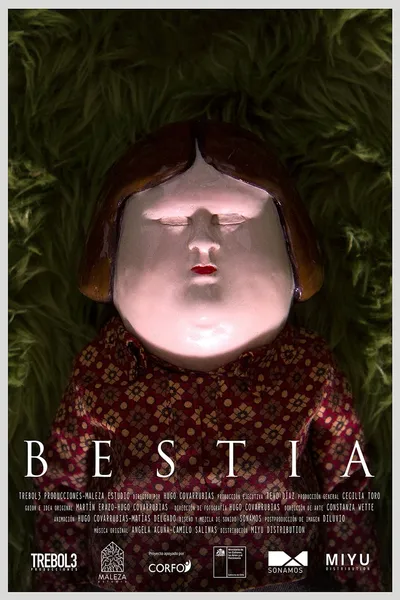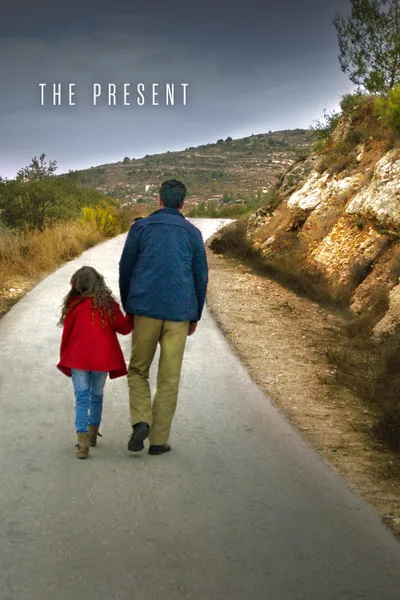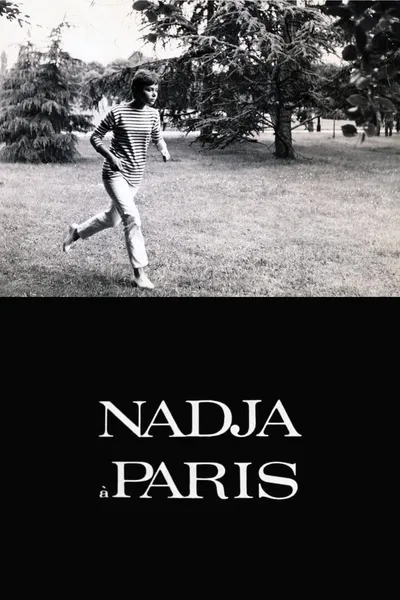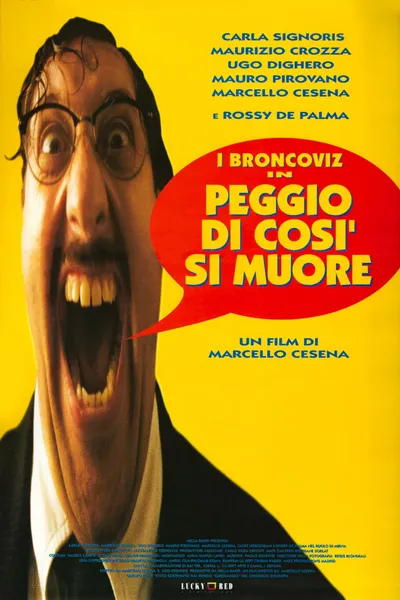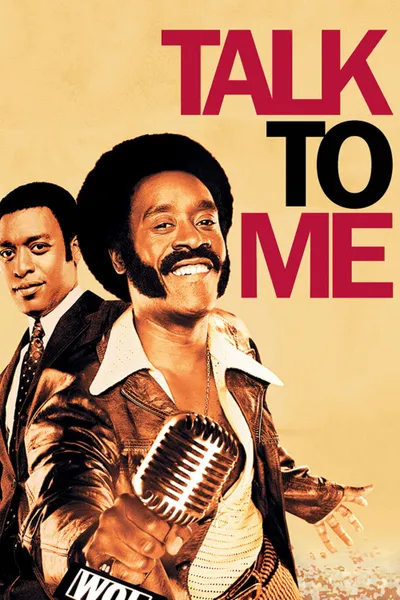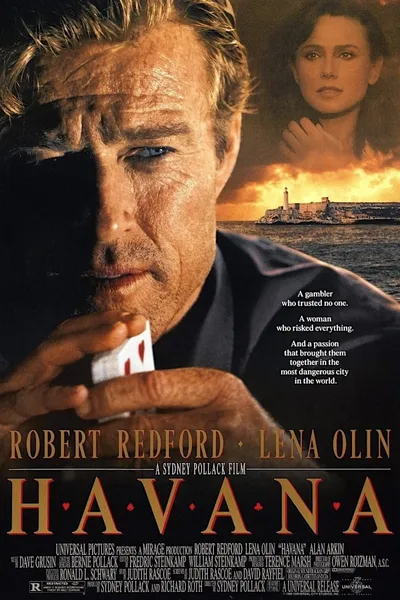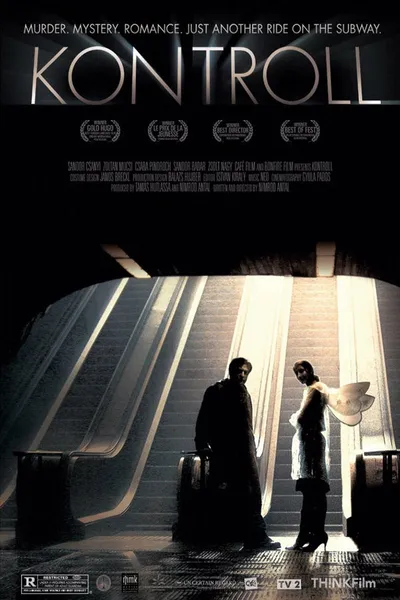Reviews
CRCulver
May 27, 20186.0
Very early in his career, the Finnish auteur Aki Kaurismäki established an aesthetic for his films in colour that has held for decades now: the characters are blue-collar people struggling to get by, and whatever emotions they feel, their lines of hatred, love, hope, or disappointment are communicated in an utterly deadpan, monotone fashion. The scenery is usually drab industrial buildings and rusting dockyards. Kaurismäki's 1990 film I HIRED A CONTRACT KILLER moves that formula, developed in his native Helsinki, to London. This is not the posh London of the royal family, bankers or socialites. Kaurismäki managed to find completely dilapidated locations that I would have never imagined to exist in London of that time (though no doubt they've long since been gentrified beyond recognition at this point).
Henri Boulanger (Jean-Pierre Léaud), a timid Frenchman living in London with no apparent friends or surviving family, has worked for fifteen years for a state utility. When he is made redundant in a bit of Thatcher-era privatization, he feels he has nothing more to live for. He attempts suicide twice, both tries ending in morbidly humorous failure, and he lacks the courage to try any further. He decides to enter the East End criminal underworld and to hire a paid assassin to kill him. The mob boss takes Henri's money and tells him it will be done through a subcontractor. But when Henri meets the lovely Margaret (Margi Clarke) and starts coming out of his shell, he suddenly has second thoughts. Unable to call off the job, he and Margaret try to evade the hitman (Kenneth Colley), already on Boulanger's trail.
Kaurismäki's films are, to a large extent, dark comedies, and there are some laughs here. I also appreciated the element of homage to Kaurismäki's forebears and peers here. Colley's sad hitman and the way the shots frame him was surely drawn from the crime capers that Jean-Pierre Melville shot in his last years. Kaurismäki's perennial love for drab scenery had been boosted by his newly established friendship with Jim Jarmusch, a director who presented America at this time as so many vacant lots and abandoned buildings.
Still, I wouldn't consider this among Kaurismäki's best work. One of the things that makes Kaurismäki's main, Finnish-language output so hilarious is that the characters speak in literary Finnish (nearly a different language than colloquial Finnish). When the dialogue is in English and with a mix of UK accents, the formula is not quite as effective. Jean-Pierre Léaud's English is almost incomprehensible -- the actor has been a titan of French film since the New Wave of Truffaut and Godard, but he's not proficient enough in English to do English-language cinema. Kaurismäki no doubt wanted intended the character to sound that way, but it feels off for this viewer. I'd recommend this film only to those who have enjoyed a series of Kaurismäki's stronger films of the era like the so-called "Proletariat Trilogy"

CinemaSerf
September 26, 20247.0
"Henri" (Jean-Pierre Léaud) is so down in the dumps that he decides it's time to end it all. Not suicide, though - nope. He decides to pay a local gangster £1,000 to do the job in the style of an hit! OK, money's money thinks his would be assassin so the job is assigned to his veteran enforcer Kenneth Colley - but it turns out that he hasn't his problems to seek either. To make matters even more complex, "Henri" is sitting in the pub - awaiting what he hopes will be the inevitable - when he meets "Margaret" (Margi Clarke). She's trying to make a living selling flowers and after a brief chat, well might it be possible that something may come of this friendship that might cause him to have a change of heart? Can he even have a change of heart? There's refund mechanism if the job fails - but if he cancels it? The threads of the three principal characters are woven engagingly together here as what initially looked like a rather daft fait accompli starts to develop into something altogether more characterfully light-hearted. Margi Clarke never failed to bring some edgy charisma to the screen and here she gels well with a Léaud whom I don't think I've ever seen doing a part in English before. His vulnerabilities, clumsiness even, with that tongue help to add a piquancy to his increasingly awakening persona. This also benefits from a brevity. At just shy of eighty minutes, it moves along efficiently telling the story in a focussed fashion that doesn't meander off to sink us in cheesy sentiment and there's plenty of will he/won't he to keep us guessing.
Recommendation Movies
Tavern Man2012
La Vie de Bohème1992
Officer Down2013
The Unknown Soldier1955
Juha1999
Unclenching the Fists2021
Ants in the Pants2000
Providence1977
The Beekeeper1986
High Hopes1989
Beast2022
The Present2020
Nadja in Paris1964
The Society of the Spectacle1974
Peggio di così si muore1995
Talk to Me2007
Havana1990
Iris2014
Kontroll2003
© 2025 MoovieTime. All rights reserved.Made with Nuxt
